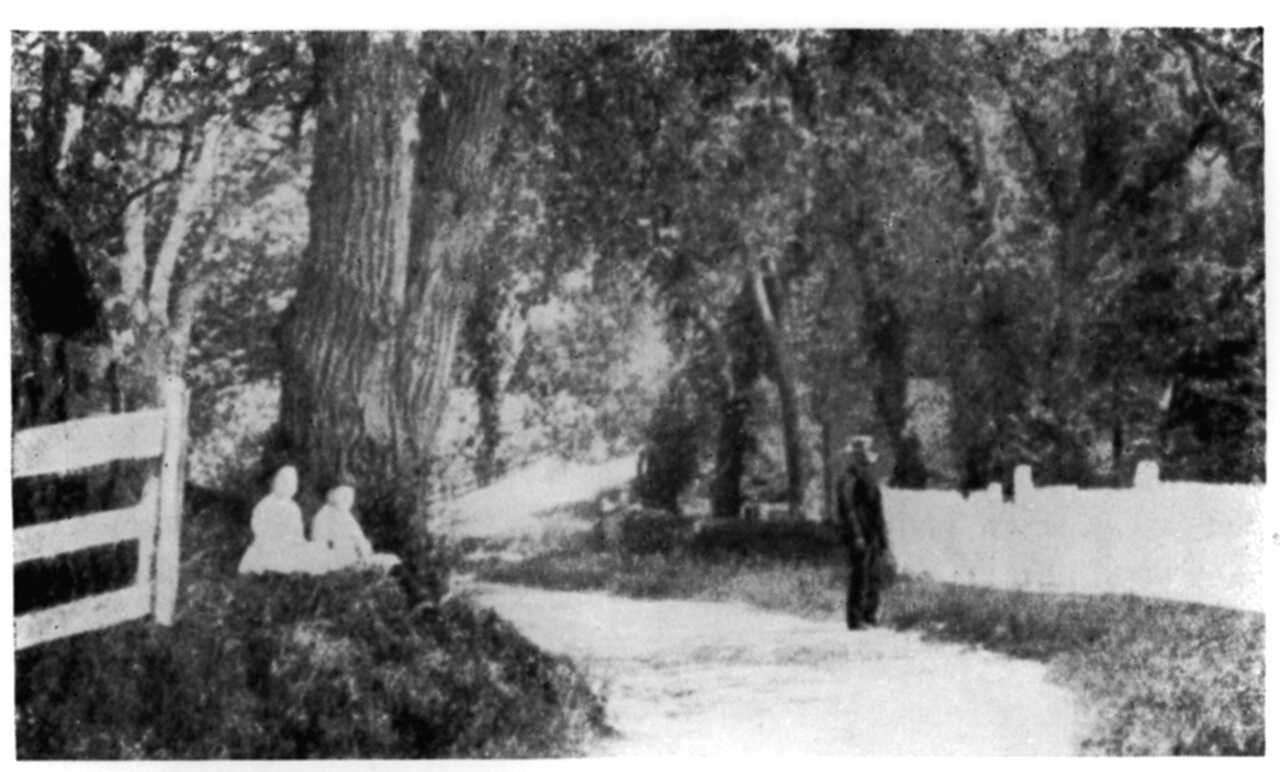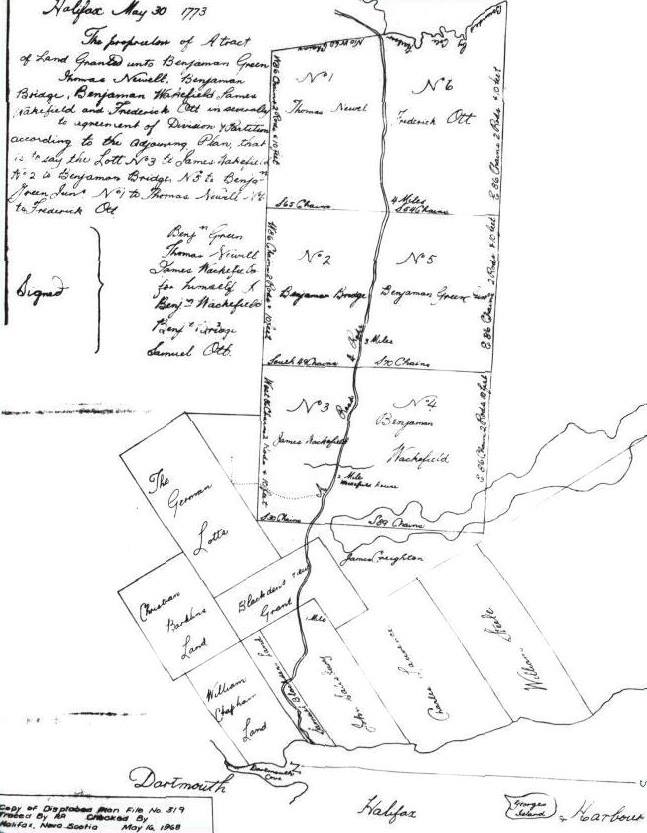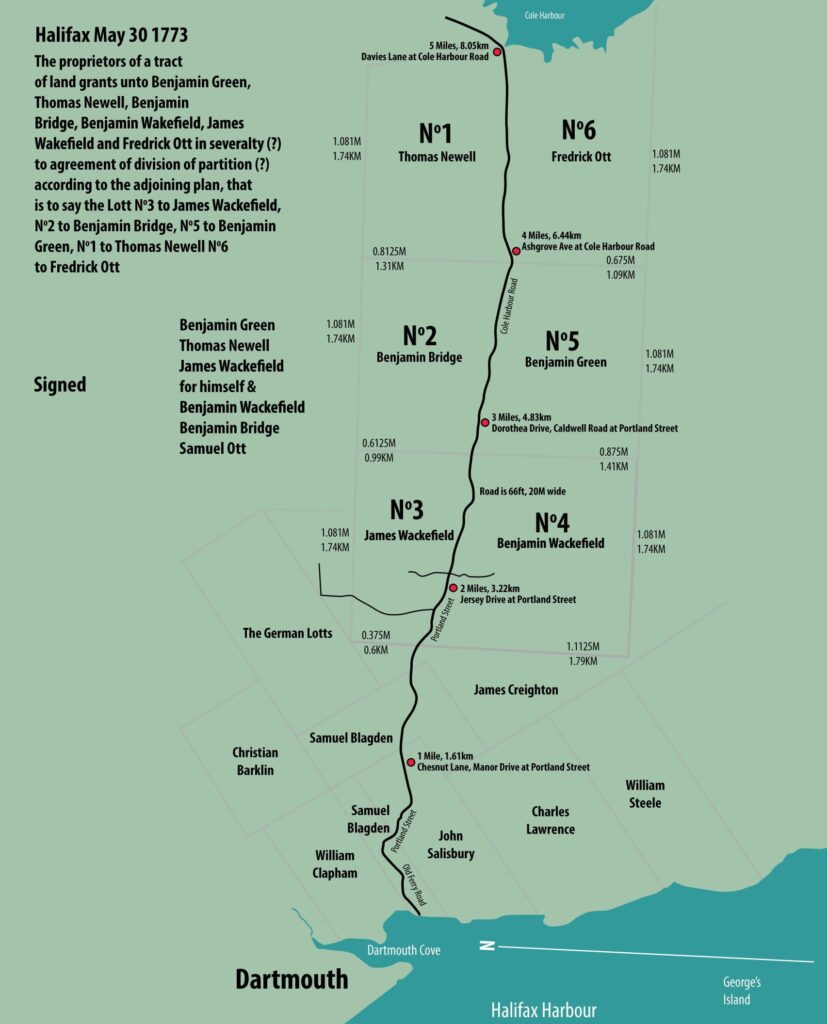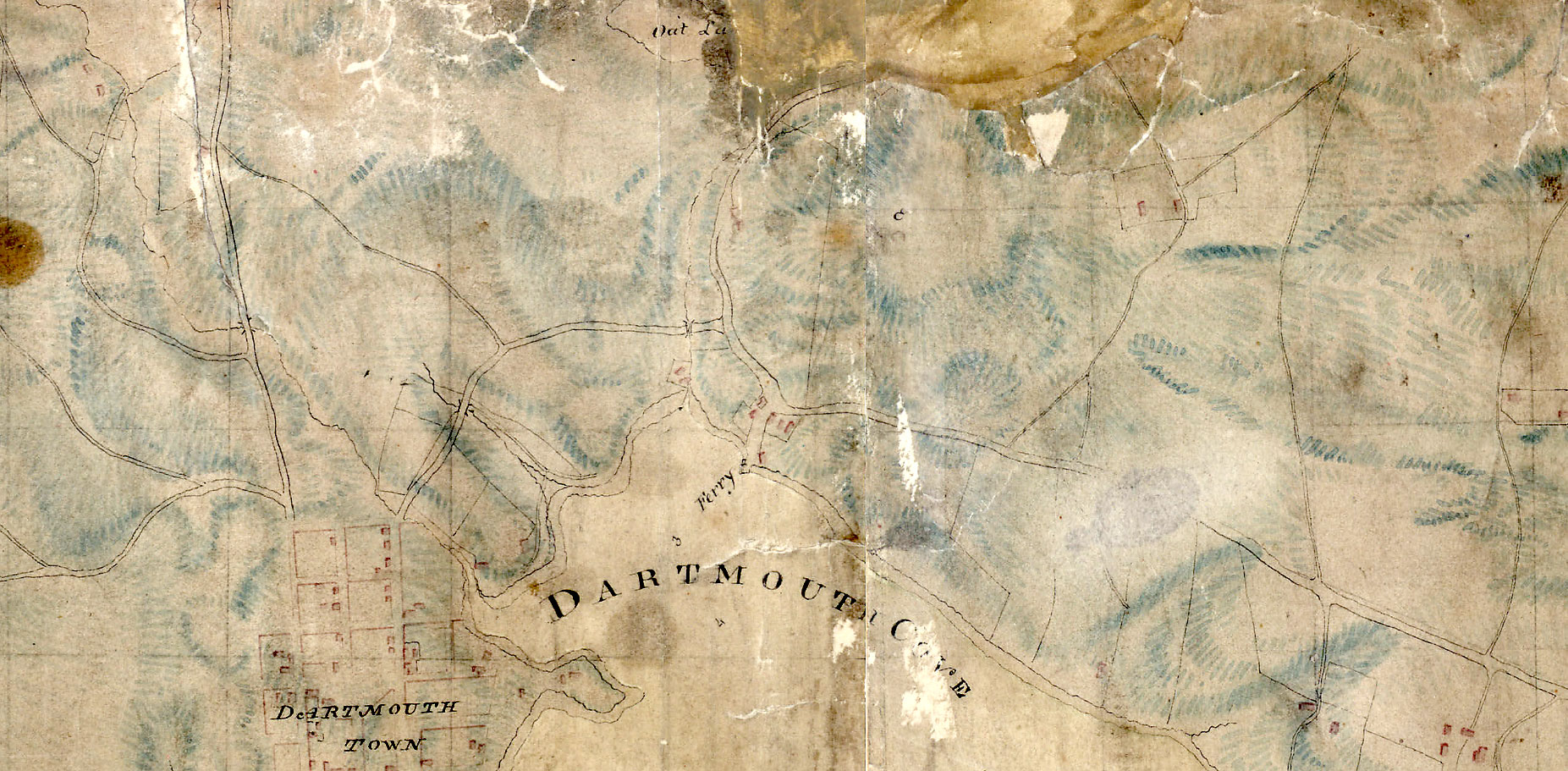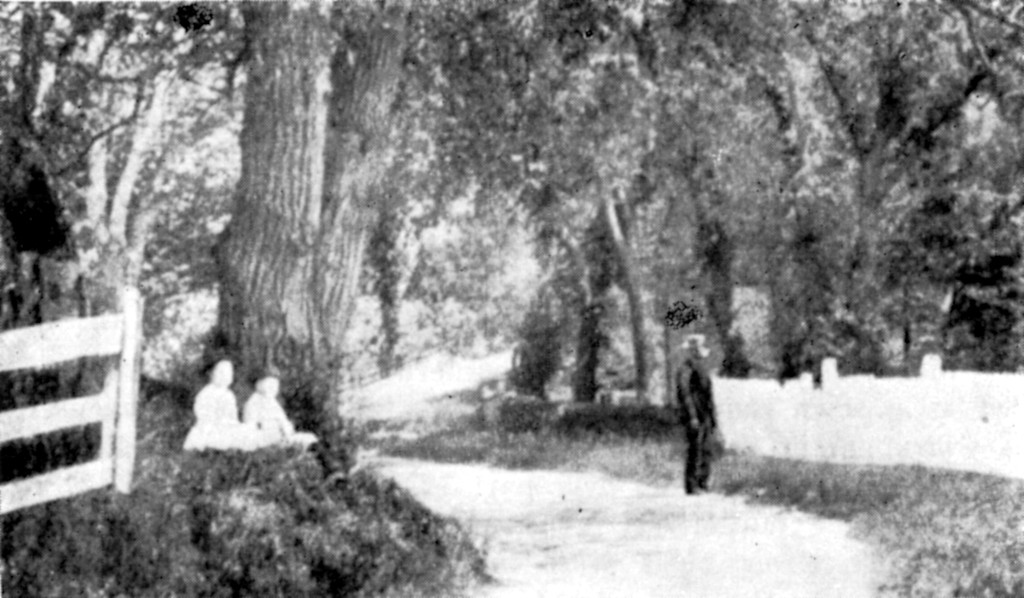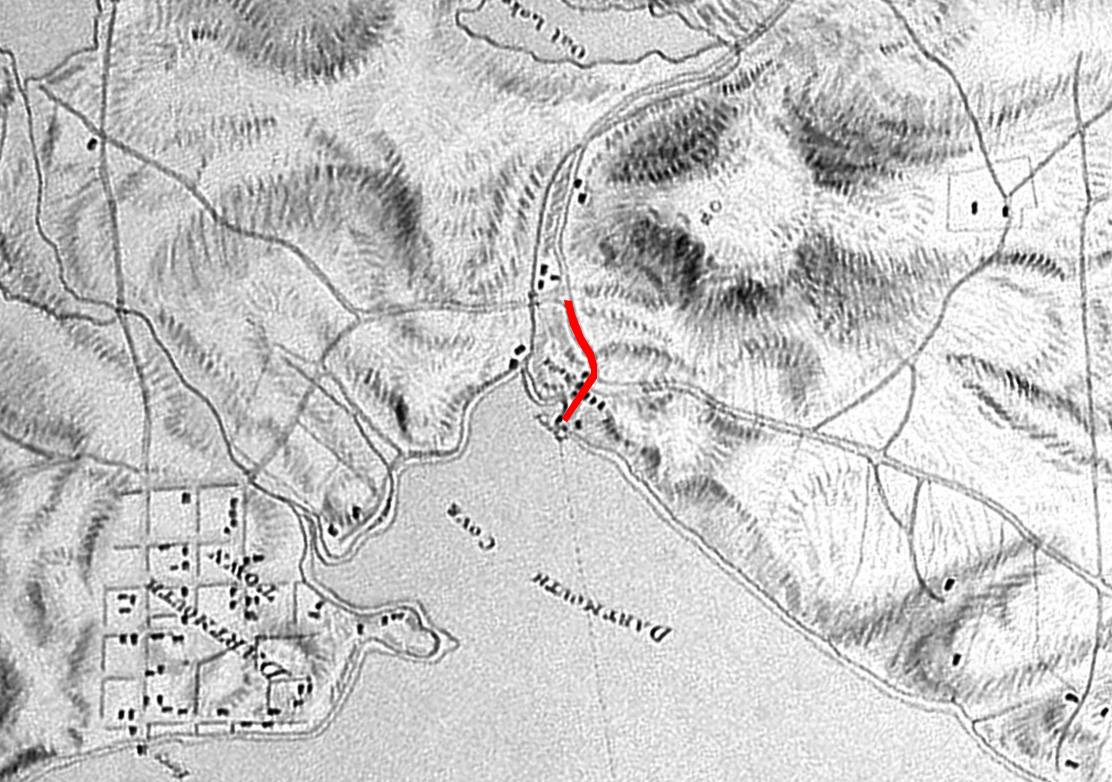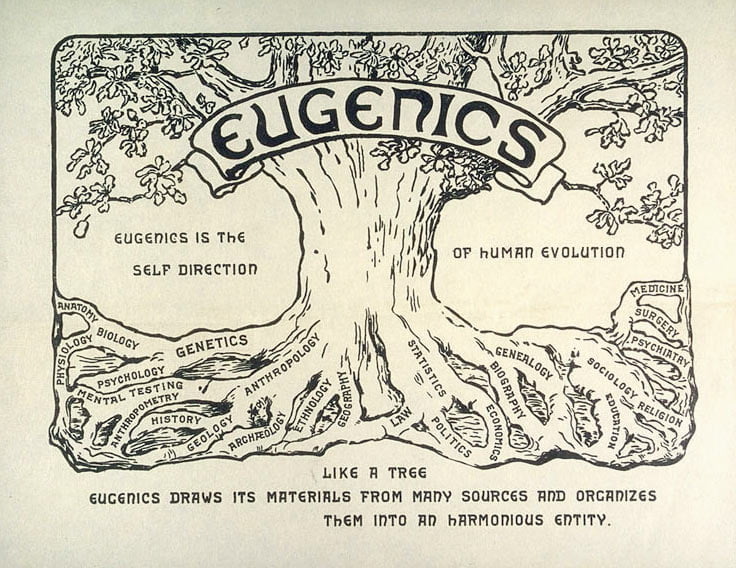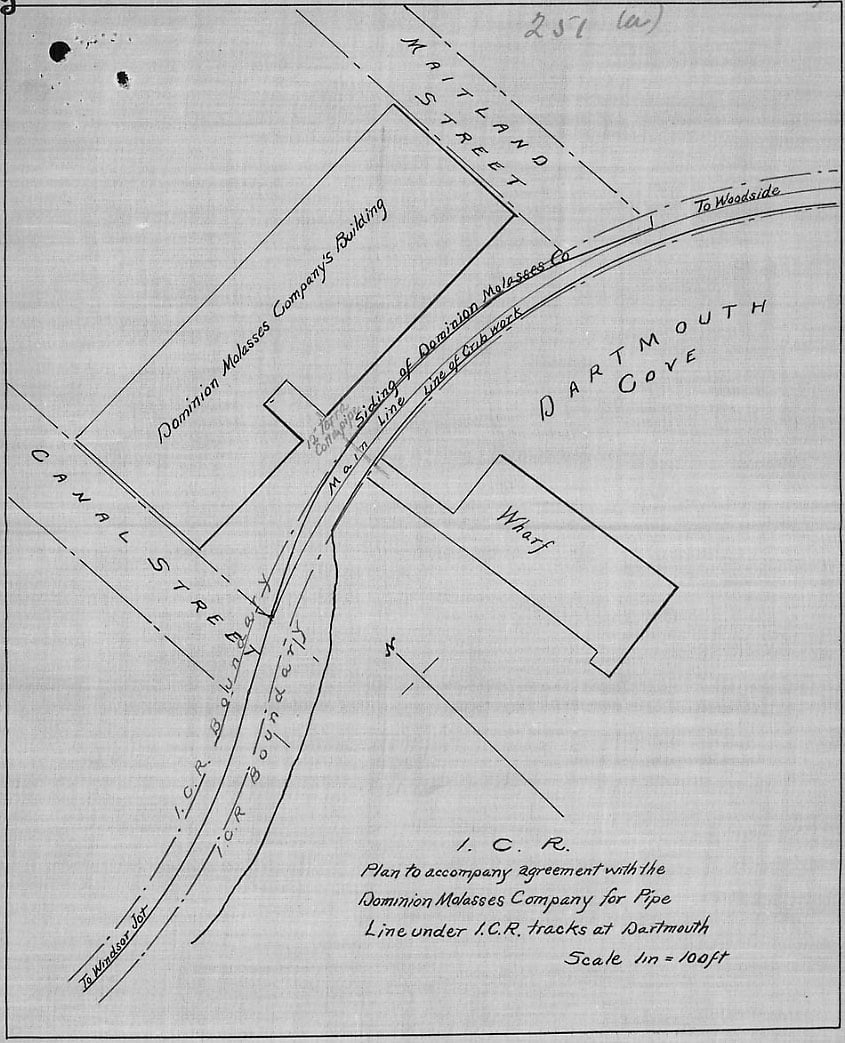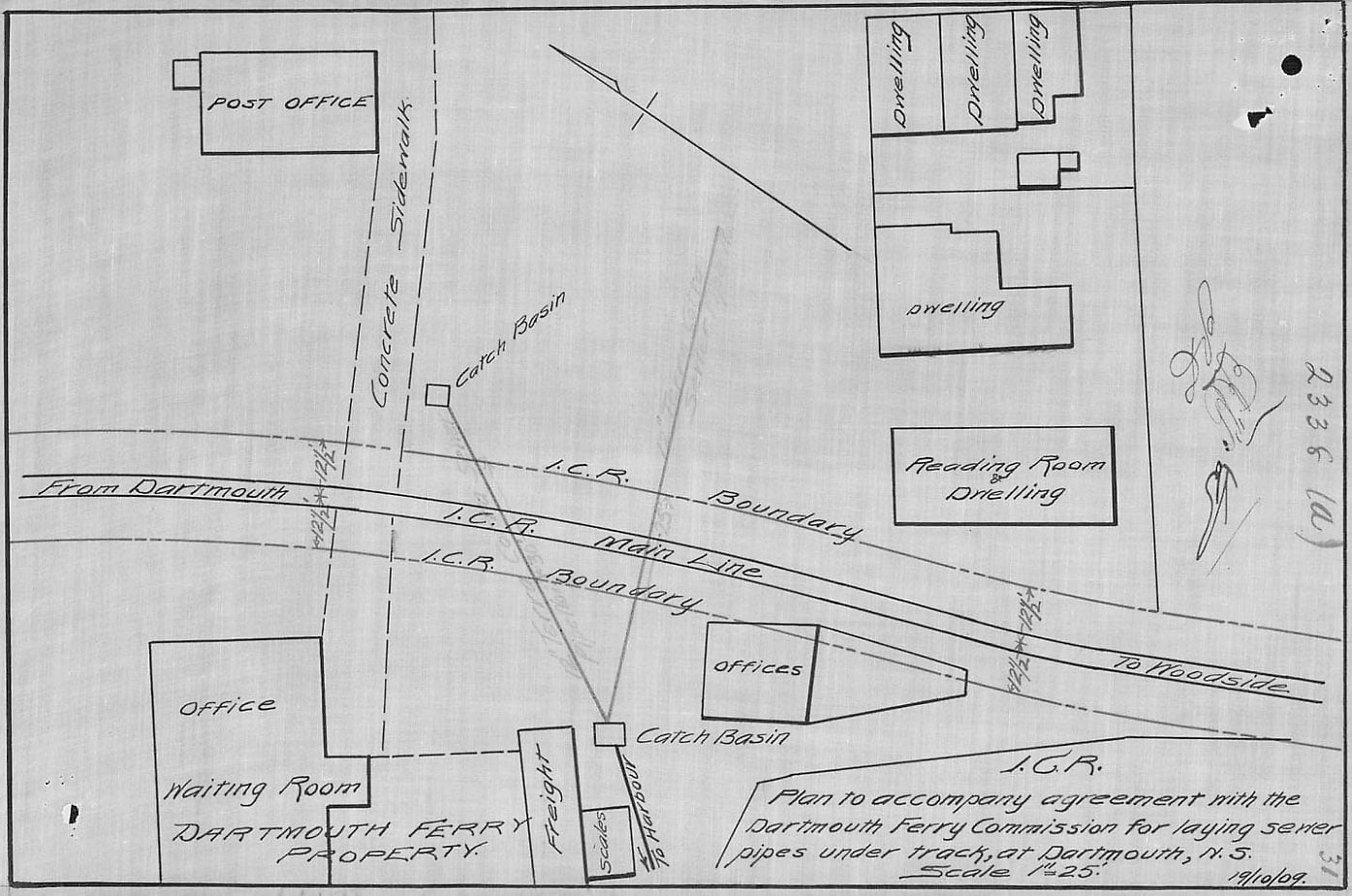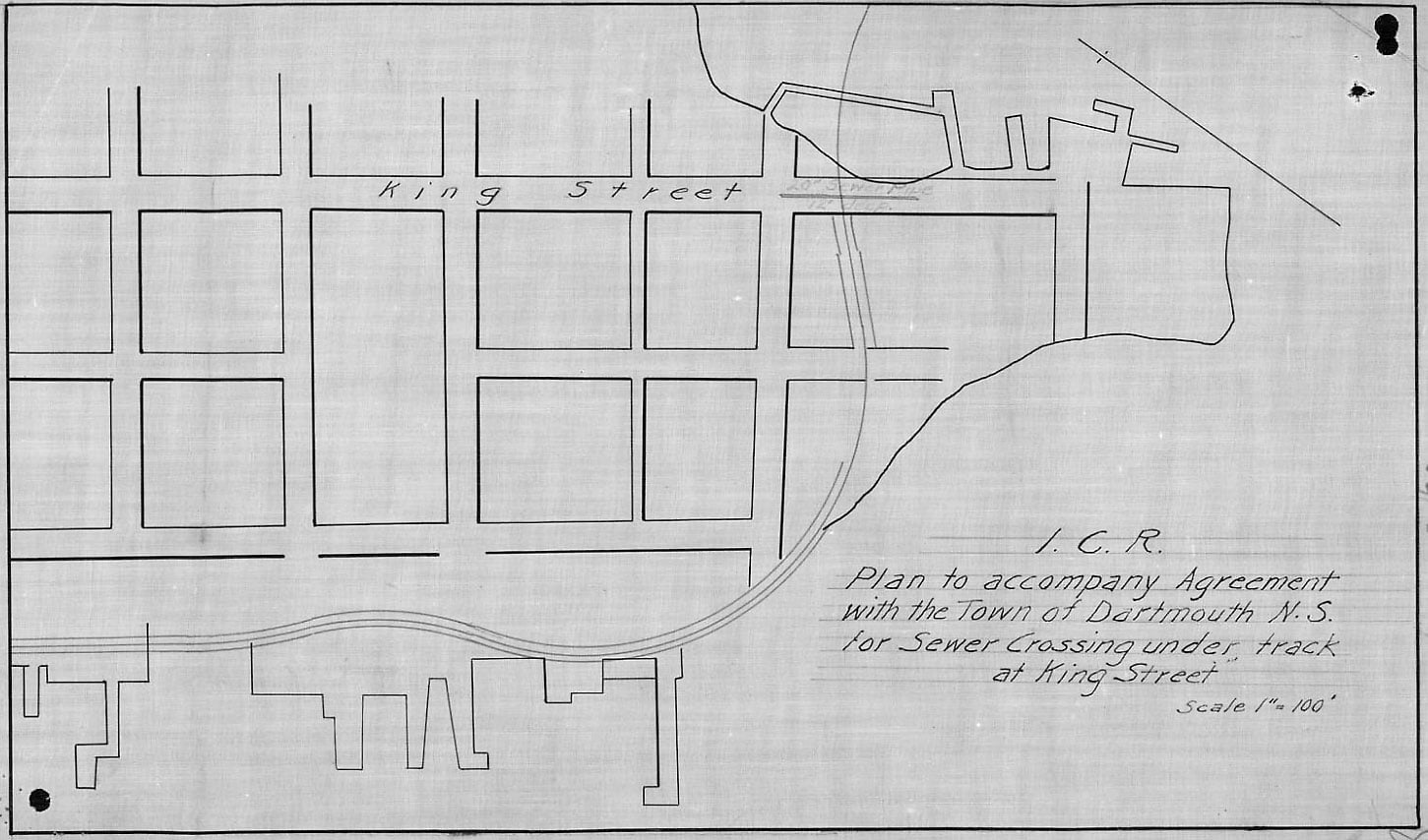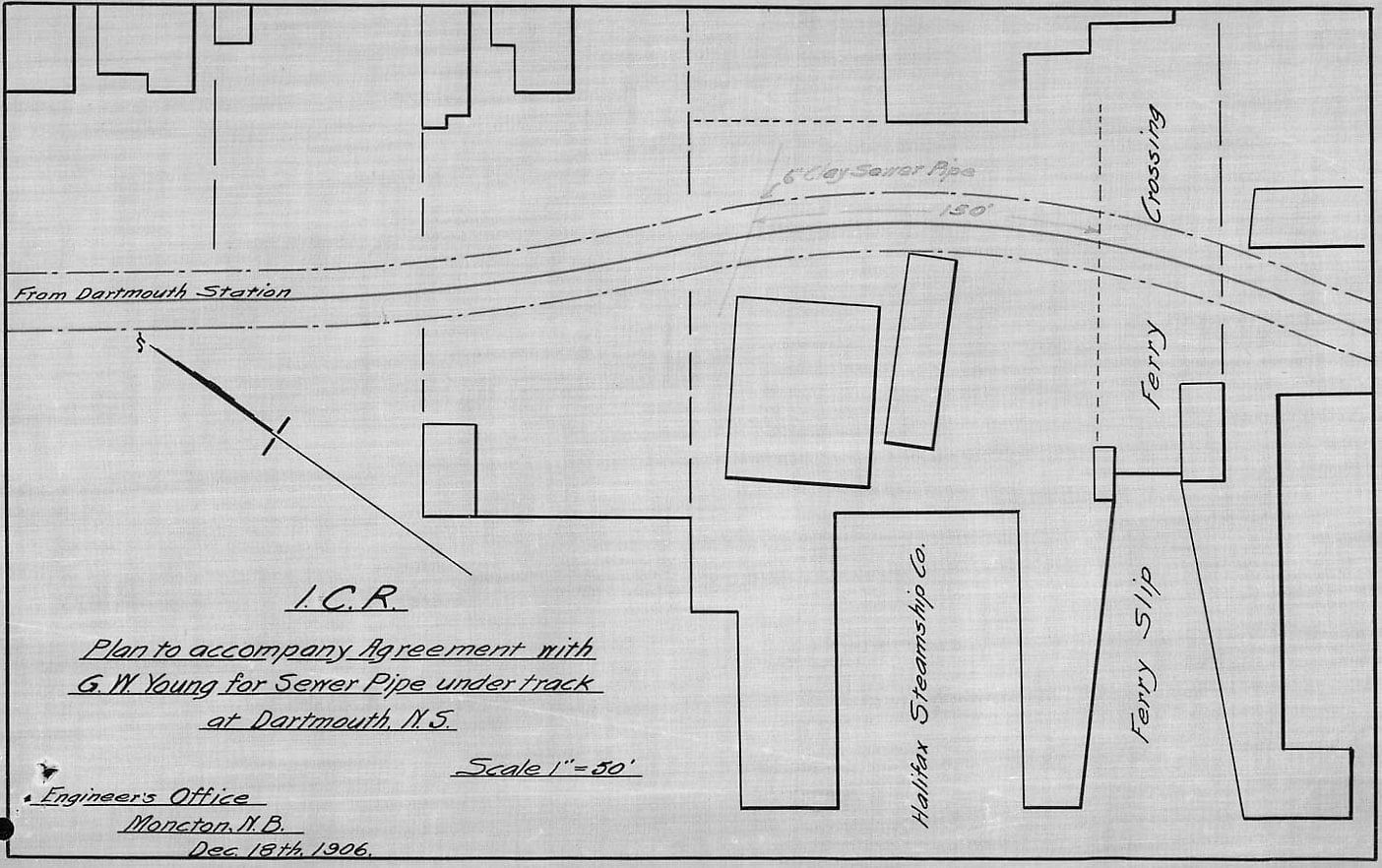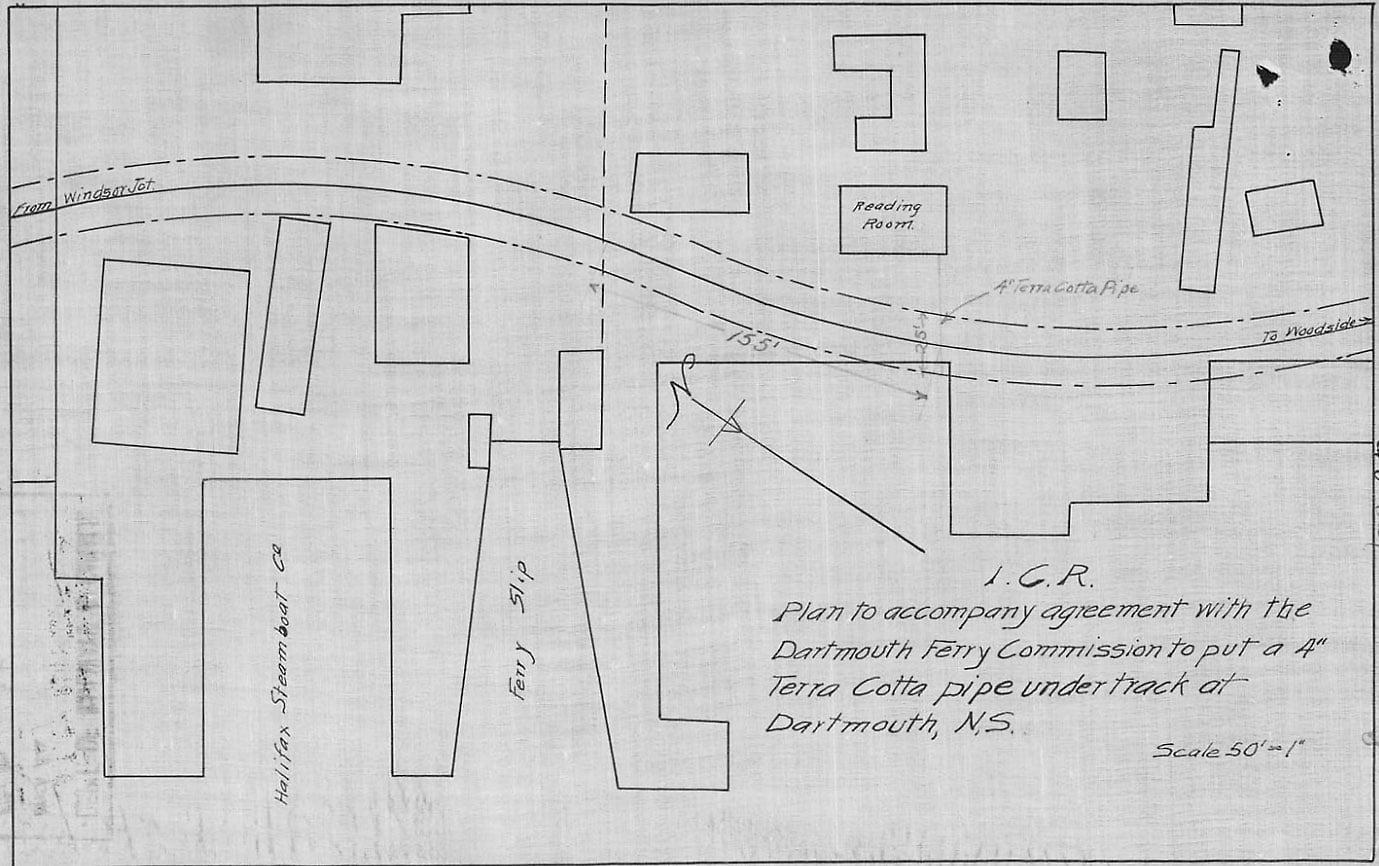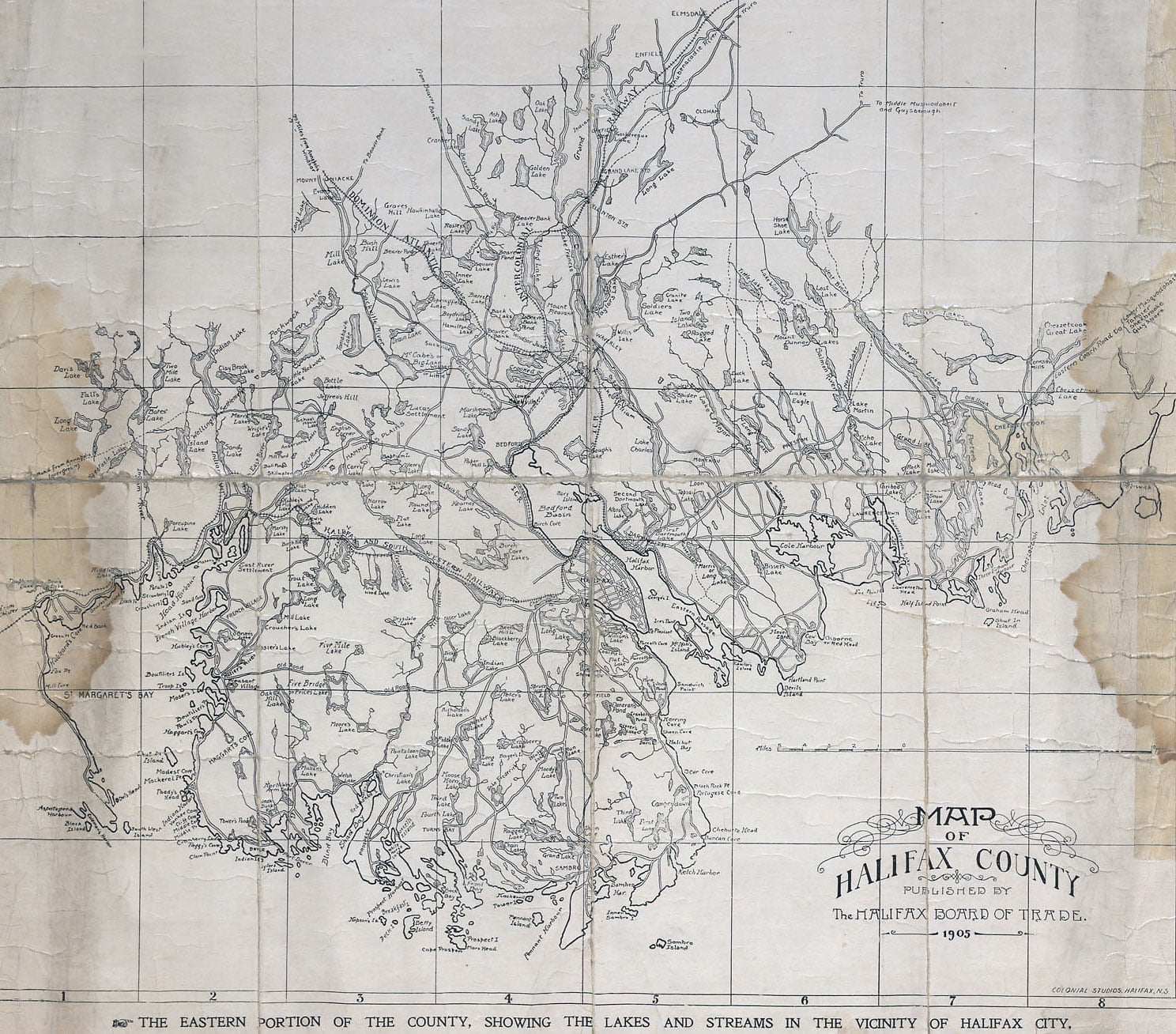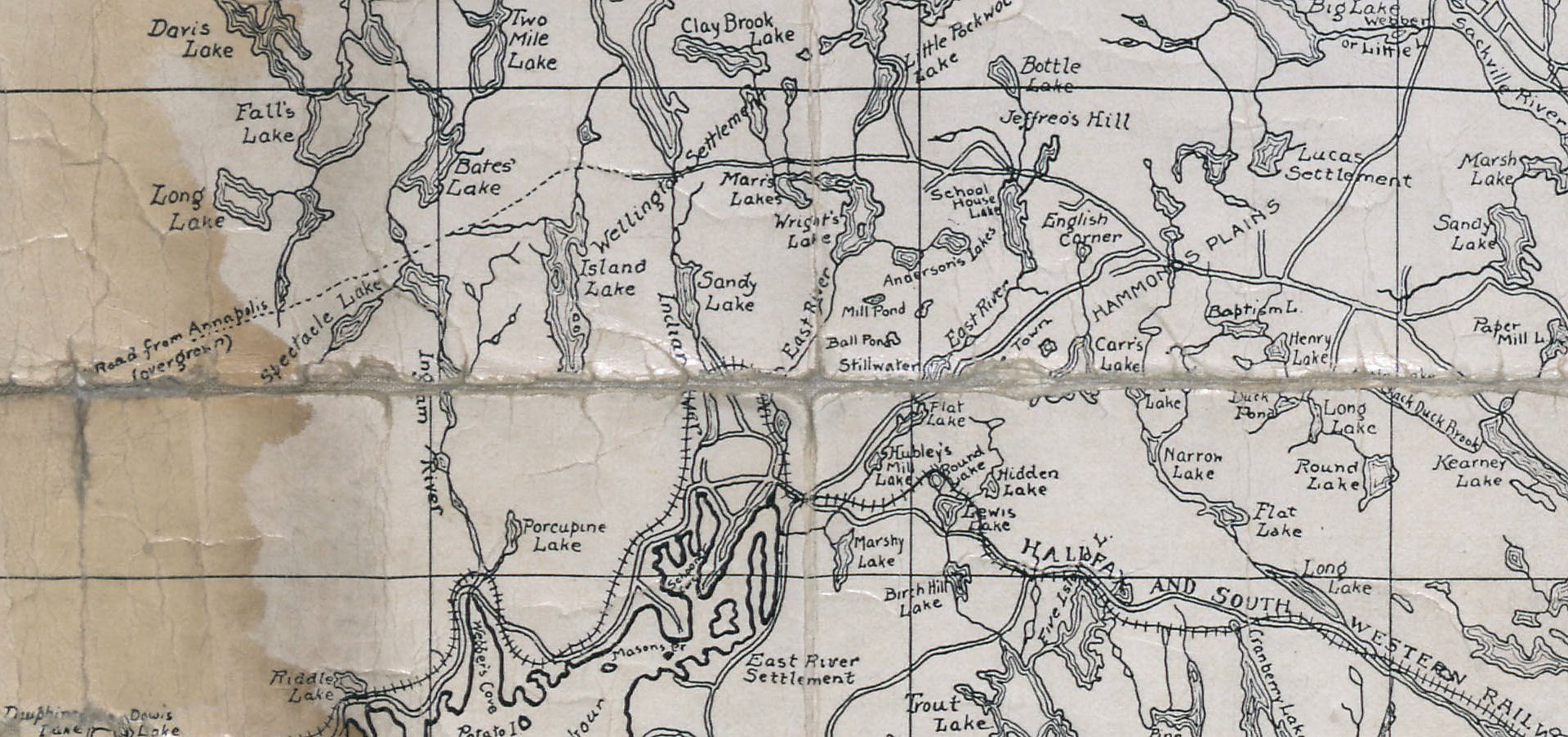There is a rank due to the United States among the nations of the world which will be withheld, if not absolutely lost, by the reputation for weakness.[WASHINGTON.]
Having practiced the acquisition of territory for nearly 60 years the question of constitutional power to do so is no longer an open one with us. [LINCOLN.]
I am persuaded no Constitution was ever before so well calculated as ours for extensive empire and self government. [THOS. JEFFERSON.]
I tell you, increase and multiply and expand is thelaw of this nation’s existence. [S. A. DOUGLAS.]
I now behold the great American eagle, with her Stars and Stripes, hovering over the Lone Star of Texas, with cheering voice welcoming it into our glorious Union, [ANDREW JACKSON.]
I do not share in the apprehension held by many as to the danger of governments becoming weakened and destroyed by reason of their extension of territory. [GRANT.]
THE ISSUE STATED – “COME BACK,” says Mr. Bryan, “come back to the days of Jefferson, of Washington—to the days of the Fathers, and consider what the founders of our Government thought, and said, and did on this question of expansion.” So speaks Mr. Bryan, asserting and arguing that the great statesmen of our country support his side of the case.
IN PROOF of his assertion Hr. Bryan recites portions of the Declaration of Independence, the Constitution and Washington’s Farewell Address, and quotes, also, sayings of Jefferson, Washington, Lincoln and others. He argues from these general statements that the founders and defenders of our country support his side of the case.
THIS CHALLENGE WE ACCEPT.
WE WILL GO BACK to those early days, and we will show you by the testimony of these great men, by their very words when speaking expressly of expansion, that they are witnesses not for Mr. Bryan but against him ; that their evidence is not for his cause but against it. We will show you that almost without exception the great statesmen of this country, from Jefferson and Washington down to Andrew Jackson and Abraham Lincoln, have spoken and argued for expansion.
FOR OUR PROOF we now quote to you the testimony that these great men, the Fathers, gave when dealing in their day with the question of expansion, citing after each statement the occasion when it was made.
WASHINGTON PROGRESSIVE.
HE HOPED THAT CANADA WOULD BECOME A PART OF THE UNION—HIS VALLEY FORGE LETTER.
“Wanting scarcely anything but the free navigation of the Mississippi, which we must have and as certainly shall have as we remain a nation, I have supposed that, with the undeviating exercise of a just, steady and prudent national policy, we shall be the gainers, whether the Powers of the Old World may be in peace or war, but more especially in the latter case.” George Washington, in a letter to Lafayette, August 11th, 1790.
“I see no objection to our indulging a hope that this country (Canada), of such importance in the present controversy, may yet be added to and complete our Union.” —George Washington, in a letter to General Sullivan, June 16th, 1776.
” The accounts which you had received of the accession of Canada to the Union were premature. It is a measure much to be wished, and I believe would not be displeasing to the body of that people. Your ideas of its importance to our political union coincide exactly with mine. If that country is not with us, it will, from its proximity to the Eastern States, its intercourse and connection with the numerous tribes of Western Indians, its communion with them by water and other local advantages, be at least a troublesome if not a dangerous neighbor to us ; and ought, at all events, to be in the same interests and politics of the other States.” George Washington, in a letter from Valley Forge to Landon Carter, May 30th, 1778.
“And lastly, another Province (Nova Scotia), which some time ago was very desirous of it, would be added to the Federal Union. It may not be amiss to give Bermuda some consideration, as circumstances in the course of the campaign may lead to the conquest of this island, without incur- ring much expense, or interfering with other plans. Policy in this case may invite the measure whether it is adopted with a view of retaining or ceding the island by way of composition at a general pacification. Some good and no bad consequences can result from an attempt to take this island by surprise. The island might be carried without much, if any, opposition ; for it is presumed very little would come from the inhabitants, who have often expressed a wish to be united with America and enjoy the benefit of its support.” George Washington in his Plan of Campaign for the year 1782, in the Revolutionary War, drawn up by him at Newburgh, May 1st, 1782
” The United States ought not to indulge a persuasion that, contrary to the order of human events, they will forever keep at a distance those painful appeals to arms with which the history of every nation abounds. There is a rank due to the United States among the nations of the world which will be withheld if not absolutely lost, by the reputation for weakness.” George Washington, in a speech to Congress, Dec. 3d, 1793.
JEFFERSON AN EXPANSIONIST
HIS DREAM OF AN EMPIRE FOR LIBERTY THE CONSTITUTION WELL ADAPTED FOR IT.
” We should then have only to include the North in our Confederacy, which would be of course in the first war, and we should have such an empire for liberty as she has never surveyed since the creation ; and I am persuaded no constitution was ever be- fore so well calculated as ours for extensive empire and self-government.” Thomas Jefferson, in a letter from Monticello to James Madison, April 21th, 1809.
“Although it is acknowledged that our new fellow citizens (of Louisiana) are as yet incapable of self-government as children, yet some cannot bring themselves to suspend its principles for a single moment.” Thomas Jefferson, in a letter to De Witt Clinton, Dec. 2d, 1803.
ABRAHAM LINCOLN’S VIEWS.
THE QUESTION OF CONSTITUTIONAL POWER TO ACQUIRE TERRITORY NO LONGER OPEN.
” Having practiced the acquisition of territory for nearly sixty years, the question of constitutional power to do so is no longer an open one with us. The power was questioned at first by Mr. Jefferson, who, however, in the purchase of Louisiana, yielded his scruples on the plea of great expediency. Mr. Jefferson placed the importance of procuring Louisiana more on political and commercial grounds than on providing room for population.” —Abraham Lincoln, in his first Annual Message to Congress, Dec. 3d, 1861.
” I am not generally opposed to honest acquisition of territory ; and in any given case I would or would not oppose such acquisition, according as I might think such acquisition would or would not aggravate the slavery question among ourselves.” Abraham Lincoln, in a speech at Freeport, Illinois, August 2.1th, 1858.
” To carry out the plan of colonization (of the negroes who had been liberated) may involve the acquiring of territory, and also the appropriation of money beyond that to be expended in the territorial acquisition.” Abraham Lincoln, in his First Annual Message to Congress, Dec. 3d, 1861
JACKSON AND THE EAGLE.
HIS CONGRATULATIONS TO GEN. HOUSTON ON ACQUIRING TEXAS—MUST ADD TO, NOT CEDE FROM, REPUBLIC.
“On such a subject (the surrender of Texas to Spain in 1810), 1 thought with the ancient Romans, that it was right never to cede any land or boundary of the Republic, but always to add to it by honorable treaty, thus extending the area of freedom ; and it was in accordance with this feeling that I gave our Minister to Mexico instruction to enter upon a negotiation for the retrocession of Texas to the United States. This negotiation failed, and I shall ever regret it as a misfortune to both Mexico and the United States.” Andrew Jackson, in a letter from the Hermitage to A. V. Brown, Feb. 12th. 1843.
“I congratulate you, I congratulate Texas and the United States, on this glorious result (the annexation of Texas) on which depended the safety and prosperity of both Texas and the United States. ” I now behold the great American eagle, with her stars and stripes, hovering over the lone star of Texas, with cheering voice welcoming it into our glorious Union, and proclaiming to Mexico and all foreign Governments, ‘ You must not attempt to tread upon Texas,’ that ‘ the United Stars and Stripes now defend her.’ Glorious result ! in which you, General, have acted a noble part ; and your name is now recorded among the heroes, the patriots and philanthropists.” Andrew Jackson, in a letter from the Hermitage to General Sam. Houston, March 12th, 1845.
” I must say that, in all respects, the annexation of Texas to the United States promises to enlarge the circle of free institutions, and is essential to the United States, particularly as lessening the probabilities of future collision with foreign Powers and giving them greater efficiency in spreading the blessings of peace.” Andrew Jackson, in a letter from the Hermitage to A. V. Brown, Feb. 12th, 1843.
GENERAL GRANT HAD NO FEAR
AS TO WEAKENING THE GOVERMENT BY ADDITIONS OF NEW TERRITORY.
” I do not share in the apprehension held by many as to the danger of governments becoming weakened and destroyed by rea- son of their extension of territory. Commerce, education and rapid transit of thought and matter by telegraph and steam have changed all this. Rather do I believe that our Great Maker is preparing the world, in His own good time, to become one great nation, speaking one language, and when armies and navies will be no longer required.” General Grant, in his Second Inaugural Address. March 4th, 1873.
” The acquisition of San Domingo is desirable because of its geographical position. It commands the entrance to the Caribbean Sea and the Isthmus transit of commerce. Its possession by us will in a few years build up a coastwise commerce of immense magnitude, which wal go far toward restoring to us our lost merchant marine. In case of foreign war it will give us command of all the islands referred to (the West India Islands), and thus pre-vent an enemy from ever again possessing himself of rendezvous upon our very coast. The acquisition of San Domingo is an adherence to the Monroe Doctrine ; it is a measure of national protection ; it is asserting our just claim to a controlling influence over the great commercial traffic soon to flow from West to East by way of the Isthmus of Darien. It is, in fine, a rapid stride toward that greatness which the intelligence, industry, and enterprise of the citizens of the United States entitle this country to assume among nations.” General Grant, in his Second Annual Message to Congress, Dec. 5th, 1870.
UNITY OF EMPIRE.
ALEXANDER HAMILTON’S IDEAS CONCERNING THE BEST INTERESTS OF THE UNITED STATES
” Besides the eventual security against invasion, we ought certainly to look to the possession of the Floridas and Louisiana, and we ought to squint at South America. —Alexander Hamilton in a letter to James McHenry, June 21th, 1799.
” I have been long in the habit of considering the acquisition of those countries (Louisiana and Florida) as essential to the permanency of the Union.” Alexander Hamilton, in a letter to H. G. Otis, Jan. 26th, 1799.
” The Farmer, I am inclined to hope, builds too much upon the present disunion of Canada, Georgia, the Floridas, the Mississippi and Nova Scotia from other Colonies. I please myself with the flattering prospect that they will, ere long, unite in one indissoluble chain with the rest of the Colonies.” Alexander Hamilton, in his ” Vindication of the Measures of Congress” in 1774.
“The whole (the attitude of the United States toward France when France got Louisiana from Spain ) is then a question of expediency. Two courses only present: First, to negotiate, and endeavor to purchase ; and if this fails, to go to war. Secondly, to seize at once on the Floridas and New Orleans, and then negotiate.-” Alexander Hamilton, in an article written for the Evening Post in 1803.
” You know my general theory as to our Western affairs. I have always held that the unity of the empire, and the best interests of the United States require that we should annex to the United States all the territory east of the Mississippi, New Orleans included.” Alexander Hamilton, in a letter to General C. V. Pinckney, Dec.29th, 1802.
FOUR OF OUR PRESIDENTS
WHO EARLY RECOGNIZED THAT THIS WASTO BE A GROWING NATION.
PRESIDENT JAMES MADISON said : ” The purchase of Louisiana to its fullest extent, though not contemplated, is received with warm, and, in a manner, universal approbation. The uses to which it may be turned render it a highly noble acquisition.” President James Madison, in a letter to James Monroe, July 30th, 1804.
PRESIDENT JAMES K. POLK said ” In the earlier stages of our national experience, the opinion prevailed with some that our system of confederate States could not operate successfully over an extended territory, and serious objections have at times been made to the enlargement of our boundaries. These objections were earnestly urged when we acquired Louisiana. Experience has shown that they were not well founded.” President James K. Polk, in his Inaugural Address, March 4th, 1845.
PRESIDENT FRANKLIN PIERCE said : ” The United States have continued gradually and steadily to expand through acquisitions of territory, which, how much soever some of them may have been questioned, are now universally seen and ad-mitted to have been wise in policy, just in character, and a great element in the advancement of our country, and with it of the human race, in freedom, in prosperity and in happiness.” President Franklin Pierce, in his First Annual Message to Congress, Dec. 5th, 1853.
PRESIDENT JAMES BUCHANAN said: ” Expansion’ is in future the policy of our country, and only cowards fear and oppose it.” President James Buchanan in, a speech at the White House in 1801.
” All the territory which we have ac-quired since the origin of the Government has been by fair purchase from France, Spain and Mexico, or by the free and voluntary act of the independent State of Texas in blending her destinies with our own. This course we shall ever pursue unless circumstances should occur which we do not now anticipate, rendering a departure from it clearly justifiable under the imperative and overruling law of self-preservation.” President James Buchanan in his Second Annual Message to Congress, December 6, 1858.
FRANKLIN HINTED
THAT ENGLAND MIGHT HAVE TO GIVE UP CANADA.
” Britain possesses Canada. It might be humiliating to her to give it up on the demand of America. Perhaps America will not demand it. But on the mind of the people in general would it not have an excellent effect if Britain should voluntarily offer to give up this province? And I hinted that, if England should make us a voluntary offer of Canada expressly for the purpose of effecting durable peace and sweet reconciliation, it might have a good effect.” Benjamin Franklin in 1782 in negotiating with Richard Oswald, the British Envoy, the Treaty of Peace at the close of the Revolutionary War.
” If the United States should think fit to attempt the reduction of the British power in the northern parts of America, or the islands of Bermudas, those countries or islands, in case of success, shall be con- federated or dependent upon the said United States.” Benjamin Franklin in Treaty with France in 1778, written by him.
LEGAL AUTHORITY.
CHIEF JUSTICE MARSHALL ON THE POWER OF THE CONSTITUTION.
” The Constitution confers absolutely upon the Government of the Union the power of making war and of making treaties ; consequently, that Government possesses the power of acquiring territory, either by conquest or by treaty. The usage of’ the world is, if a nation is not entirely subdued, to consider the holding of conquered territories as a mere military occupation until its fate shall be deter- mined at the treaty of peace. If it be ‘ ceded by the treaty the acquisition is confirmed, and the ceded territory becomes part of the nation to which it is annexed, either on the terms stipulated in the treaty ‘of cession or on such terms as its new master shall impose.” Chief Justice John Marshall in his opinion in the case of the American Insurance Co. vs. Canter, decided in the United States Supreme Court in 1828.
“They (the inhabitants of Florida, which was then a Territory) do not, however, participate in political power—they do not share in the Government until Florida shall become a State. In the meantime Florida continues to be a Territory of the United States, guarded by virtue of the clause in the Constitution (Section 3, Article 4) which empowers Congress ‘to make all needful rules and regulations respecting the territory or other property belonging to the United States.’ ” —Chief Justice John Marshall in his opinion in the case of the American Insurance Co. vs. Canter, decided in the United States Supreme Court in 1828.
STRONG WORDS OF DOUGLAS.
HE SAYS THE LAW OF NATIONS IS TO MULTIPLY AND EXPAND.
” When it becomes necessary in our growth and progress to acquire more territory I am in favor of it. It is idle to tell me or you that we have territory enough. Our fathers supposed that we had enough when our territory extended to the Mississippi River, but a few years’ growth and expansion satisfied them that we needed more, and the Louisiana territory, from the west branch of the Mississippi to the British possessions, was acquired. Then we acquired Oregon, then California and New Mexico. We have enough for the present, but this is a young and growing nation. I tell you increase and multiply and expand is the law of this nation’s existence. You cannot limit this great Republic by mere boundary lines, saying, ‘ Thus far shalt thou go and no further.’ Just as fast as our interests and our destiny require additional territory in the north, in the south, or in the islands of the sea, I am for it.” Stephen A. Douglas in a speech at Freeport, III., August 27, 1858.
A NEW YORK STATESMAN.
WILLIAM H. SEWARD’S IDEAS ON THE DEVELOPMENT OP CANADA.
” Standing here and looking far off into the Northwest I see the Russian as he busily occupies himself in establishing seaports’, and towns, and fortifications, on the verge of this continent, as the outposts of St. Petersburg, and I can say, ‘ Go on and build up your outposts all along the coast, even up to the Arctic Ocean—they will yet become the. outposts of my own country—monuments of the civilization of the United States in the Northwest.’ So I look off on Prince Rupert’s Land and Canada and see there an ingenious, enterprising and ambitious people occupied with bridging rivers and constructing canals, railroads and telegraphs to organize and preserve British provinces north of the Great Lakes, the St. Lawrence and around the shores of the Hudson Bay, and I am able to say : ‘. It is very well ; you are building excellent States to be hereafter admitted into the American Union.’ ” William H. Seward in a speech at St. Paul .September 18, 1850.
” A war about these fisheries ( the British fisheries in North America) would be a war which would result either in the in- dependence of the British provinces or in their annexation to the United States. I devoutly pray God that that consummation may come, the sooner the better; but I do not desire it at the cost of war, or in- justice. I am content to wait for the ripened fruit which must fall.” William H. Seward in a speech in the Senate August 14, 1852.
TESTIMONY OF PUBLIC MEN
WHO AGREED ON THE SUBJECT OF TERRITORIAL EXPANSION YEARS AOO.
HENRY CLAY said : ” I have, however, no hesitation in saying that, far from having any personal objection to the annexation of Texas, I should be glad to see it, without dishonor, without war, with the common consent of the Union, and upon just and fair terms. It would be unwise to refuse a permanent acquisition, which will exist as long as the globe remains, on account of a temporary institution (slavery). Henry Clay in a letter to Stephen Miller, July 27, 1844.
ALBERT GALLATIN said : ” To me it would appear: That the United States as a nation have an inherent right to acquire territory. That whenever the territory has been acquired Congress have the power either of admitting it into the Union as anew State, or of annexing it to a State with the consent of that State, or of making regulation for the government of such territory-” Albert Gallatin in a letter to Thomas Jefferson, January 13, 1803.
GOUYERNEUR MORRIS said: “I always thought when we should acquire Canada and Louisiana it would be proper to govern them as provinces, and allow them no voice in our councils. In wording the third section of the fourth article of the Constitution I went as far as circumstances would permit, to establish the exclusion.’ Gouverneur Morris of New York, who wrote the third section of the fourth article of the Constitution, in a letter to Henry W. Livingston, December 4, 1803.
“The Congress shall have power to make all needful rules and regulations respecting territory or other property belonging to the United States.” Section 3, Article 4, of the Constitution. “I knew then, as well as I do now, that all North America must at length be annexed to us.” Gouverneur Morris in a letter to Henry W. Livingston, November 25th, 1803.
MR. BRYAN thinks he knows what these men, the Fathers, would do to-day. WE KNOW what they did and said in their day.
We recall that Abraham Lincoln in 1860 said : ” I do not mean to say that we are bound to follow implicitly in whatever our fathers did. To do so would be to discard all the lights of current experience—to reject all progress, all improvement. What I do say is that if we would supplant the opinions and policy of our fathers in any case, we should do so upon evidence so conclusive, and arguments so clear, that even their great authority, fairly considered and weighed, cannot stand.” Abraham Lincoln in a speech at Cooper Union, February 27th, 1860.
Who is right: MR. BRYAN or THE FATHERS?
Walker, Albert H. Expansion has been from the earliest day the policy of our country. The evidence from the fathers of the republic. [New York: Republican National Committee, ?, 1900] Pdf. Retrieved from the Library of Congress, www.loc.gov/item/ca25000646/

